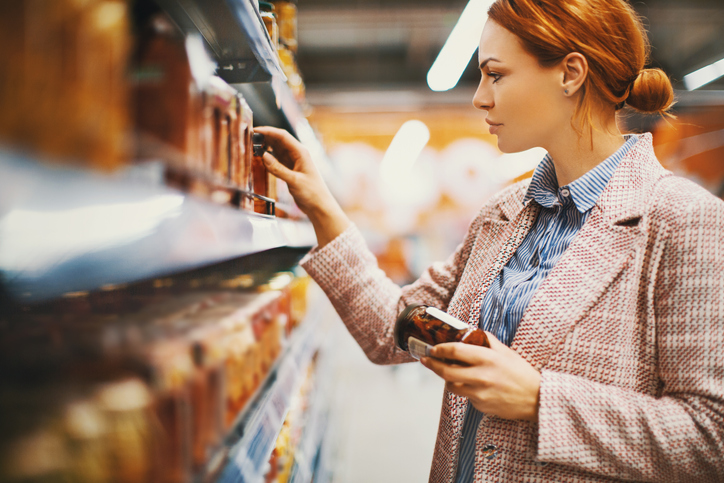Economic challenges have driven 70 percent of consumers to experiment with private labels, and 50 percent indicate they will continue to purchase these products in 2024, reports grocery insights company Grocery Doppio.
Pricing and promotions are key drivers of consumer adoption of private-label offerings. Consumers also seek value-added sustainable attributes such as recyclable packaging or food waste reduction, according to Grocery Doppio.
On the retail front, however, private labels aren’t as positive as they are for consumers: only 38 percent of grocers say they are satisfied with their private brand performance. Nevertheless, Grocery Doppio director of research Neha Ghai noted that retailers can pull many levers to ensure success in the channel.
“Grocers can curate a private brand that aligns with their business model and caters to customer needs,” she said. “This includes setting prices, defining quality levels, and selecting specific ingredients. Staying ahead of market trends, such as sustainable packaging or catering to dietary preferences like vegan or gluten-free options, enhances a grocer's competitiveness.”
This year, national grocers continue to lean into its private label portfolio. Target recently introduced many private label additions, including collaborations with celebrities and focused snacks and baby food offerings to its Good & Gather brand.
Costco has seen steady growth in its Kirkland Signature brand, gaining a one percent increased penetration year-on-year. The wholesale club reports the private label brand now accounts for 28 percent of total sales. Full Story
Related: Giant Sources Local Products for New Store; Legal Bites: Navigating the Latest Food and Beverage Industry Trends

